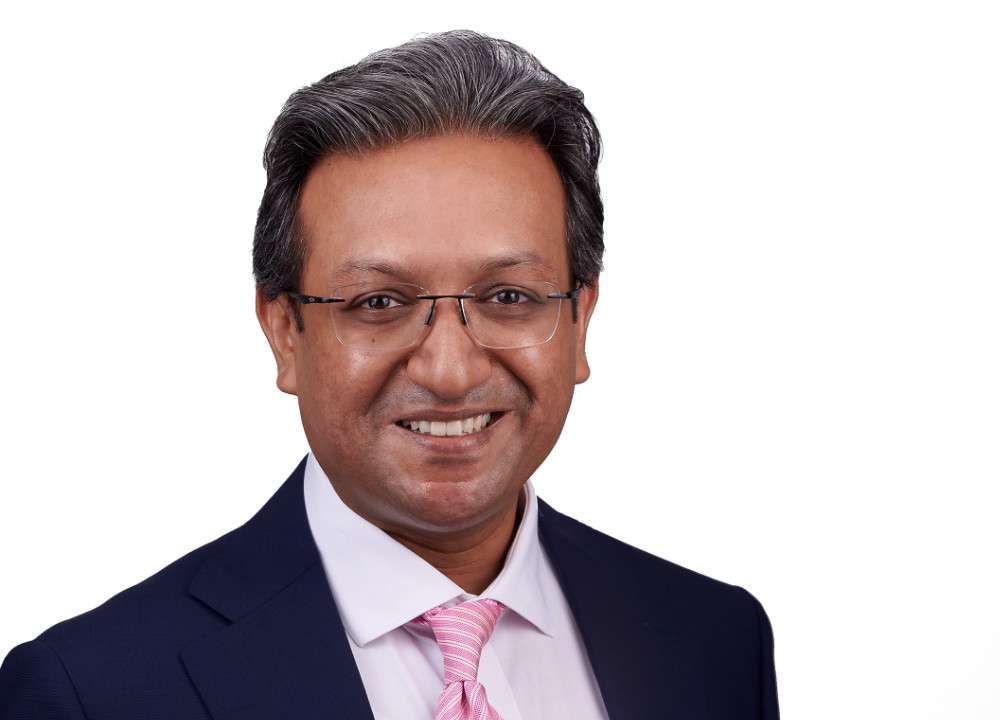The 38th edition of the International Conference on VLSI Design and the 24th International Conference on Embedded Systems, organized by the VLSI Society of India (VSI), was officially launched on January 6, 2025, at The Leela Palace in Bengaluru. The event brought together top semiconductor experts and government dignitaries to mark the occasion.
The opening ceremony set the tone with the theme “Silicon Meets AI: Sustainable Innovations in Accelerated Computing, Secure Connectivity & Intelligent Mobility,” emphasizing the vital role of VLSI and Embedded Systems in advancing technologies like AI/ML, 5G, IoT, quantum computing, and electric vehicles. This prestigious event reaffirmed its status as a global gathering, with more than 2,700 registrants, 18 keynote speeches, 32 tutorials, 74 research papers, 5 expert panels, 16 user design sessions, over 50 exhibits, 13 industry forums, 15 design contest finalists, and 30+ sponsors participating.
The ceremony featured a talk by Dr. Chris Miller, Professor at Tufts University and author of Chip War: The Fight for the World’s Most Critical Technology. A special session, “Chip-Pe-Charcha,” moderated by Dr. Satya Gupta, President of VSI, was one of the highlights. The discussion highlighted several key insights, focusing on the latest global semiconductor innovations. These included emerging technologies such as Edge Computing, Data Centers, and Compound Semiconductors, which are driving the evolution of the industry. In addition, strategic conversations centered around India’s vision to position itself as a global leader in semiconductor innovation, exploring the country’s potential to shape the future of the sector.
The conversation also delved into pioneering research, with topics spanning Hardware for Machine Learning, VLSI applications in Automotive Systems, Quantum Computing, and Neuromorphic Computing. These discussions were complemented by inspiring keynote speeches from industry visionaries, who shared their perspectives on the ongoing technological advancements and the exciting opportunities ahead.
Dr. Satya Gupta, President of VSI, remarked, “VLSID 2025 is a significant convergence of global talent and innovation, offering a unique opportunity to tackle tomorrow’s challenges while fostering collaboration across semiconductor and AI sectors. The world is closely watching India’s advancements in semiconductor technology, and this conference shines a spotlight on the country’s progress.”
Patrick Johnson, Senior Corporate Vice President at Microchip Technology and Executive Chair of the VLSI Design Conference, stated, “The fusion of Silicon and AI has opened up new avenues. VLSID 2025 is the perfect platform to explore how these technologies will reshape mobility, connectivity, and computing.”
Sandeep Bharathi, Chief Development Officer at Marvell Technology, added, “AI and ML are revolutionizing the semiconductor ecosystem. These technologies are not just disrupting semiconductor design; they are transforming its core, enabling innovators to push the boundaries of what is possible. VLSID 2025 provides an excellent space to explore how these developments will drive future breakthroughs.”
Hitesh Garg, Vice President and India Managing Director of NXP Semiconductors, highlighted, “The future of semiconductor growth depends on a strong talent pipeline and a thriving startup ecosystem. VLSID 2025 provides an excellent opportunity for industry leaders, startups, and academia to collaborate, empowering the next generation of innovators.”
The event served as a key platform for networking and knowledge-sharing among industry leaders and academic experts, addressing emerging challenges and opportunities. It also aligned with India’s national initiatives like Digital India, Make in India, and Startup India, further supporting the country’s vision for a sustainable and innovative digital economy. The exhibition area drew significant attention, showcasing 58 leading organizations in the Electronics System Design and Manufacturing (ESDM) sector.







